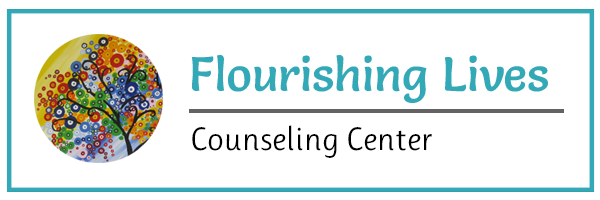Adolescence is one of the most challenging stages of life for both the adolescent and their parents. Teens often feel overwhelmed by all they are facing. Social and academic pressures at school are significant. Emotions are intense. Relationships feel confusing. The future looks uncertain. Rates of trauma, depression, and anxiety escalate during adolescence, often bringing with them destructive attempts at coping such as self-harm, substance abuse, and eating disorders. Parents often feel frustrated, worried, and helpless. They want to help and protect their child as always, but it’s much more complicated now, especially when teens are often resistant to parents’ assistance.
We help teens learn how to express emotions and manage stress well, increase their self-confidence, improve communication, and develop positive social and coping skills that lead to success at home, school, and life. Therapy can support both teens and parents so that the adolescent years can be filled with wonderful growth, self-discovery, and joy in as you see your child fulfilling his or her potential.
What should I say to my teen about bringing them to therapy?
We suggest something like: “I’m worried that you have been feeling/doing (a very short summary of your concerns). I really want this to get better for you so I thought it would be good to talk to someone who knows how to help.”
What if my adolescent refuses to come?
In this case, it is best to come by yourself. Your therapist will get to know you, hear your concerns about your teen, and provide you with support and guidance from there.
What can we expect from the first session?
The initial session is designed for the counselor to gain an understanding of the difficulties you are facing. The counselor will speak to the parent(s) about why they have brought the teen for therapy and hear relevant background information. We do this with the teen present so they don’t have to worry about us “talking behind their backs.” The teen is welcome to speak up or listen, how ever they feel comfortable. Confidentiality guidelines will be discussed. Then the counselor will speak with the teen individually.
What if my teen doesn’t want to talk?
It’s often difficult for adults to reach out for help. It’s even harder when you aren’t completely in charge of your own life and may feel someone else is pushing you. All our therapists are familiar with this scenario and skilled at engaging teens to develop a safe, trusting relationship with them.
How does confidentiality work?
According to Illinois law, once a child turns 12, they are entitled to full therapeutic confidentiality. That means that when a counselor talks to your child individually, they cannot tell you what the child said, unless the child gives permission. Many times both teens and parents are surprised by this. There are only four exceptions provided by law: 1) child abuse 2) elder abuse 3) suicide 4) homicide. If a therapist feels there is a serious danger in any of these areas, the therapist will take whatever steps are necessary to keep the endangered person safe, including telling others without the child’s permission.
We also recognize that there are many dangers and parental concerns that do not fall under the confidentiality exceptions, such as drug use, risky sexual behavior, self-harm, and more. Whenever we hear something from a teen client and we believe it would be beneficial for parents to be aware and involved, we will do all we can to encourage and support the teen in voluntarily informing the parents. However, in the end it is the child’s decision. As a parent you can rest assured that no matter what comes up, we are always using all of our professional expertise to work towards your child’s good mental health and best interest.
How do we participate in our teen’s treatment?
There are a variety of ways for families to be involved, and identifying the best strategy for you is part of the treatment planning process with your counselor. Sometimes it is mostly individual sessions for the teen, with the therapist providing a general update to the parents (with the teen’s permission), every month or two. Sometimes there will be a combination of individual sessions with the teen and family sessions with everyone. Sometimes it is best for parents to receive regular individual therapy focused on parenting support while their teen receives individual therapy for their own issues.
How long will it take?
Every situation is different and each individual is unique. The length of counseling depends on the severity and details of the presenting concern, as well as the efforts and participation of the client(s). Counseling is most successful when consistent appointments are kept and recommendations are followed. Together, we will discuss a schedule and develop a treatment plan and goals that best meets your family’s needs.
Call or text (331)229-3123 today to get started, or email help@flourishinglivescounseling.com

